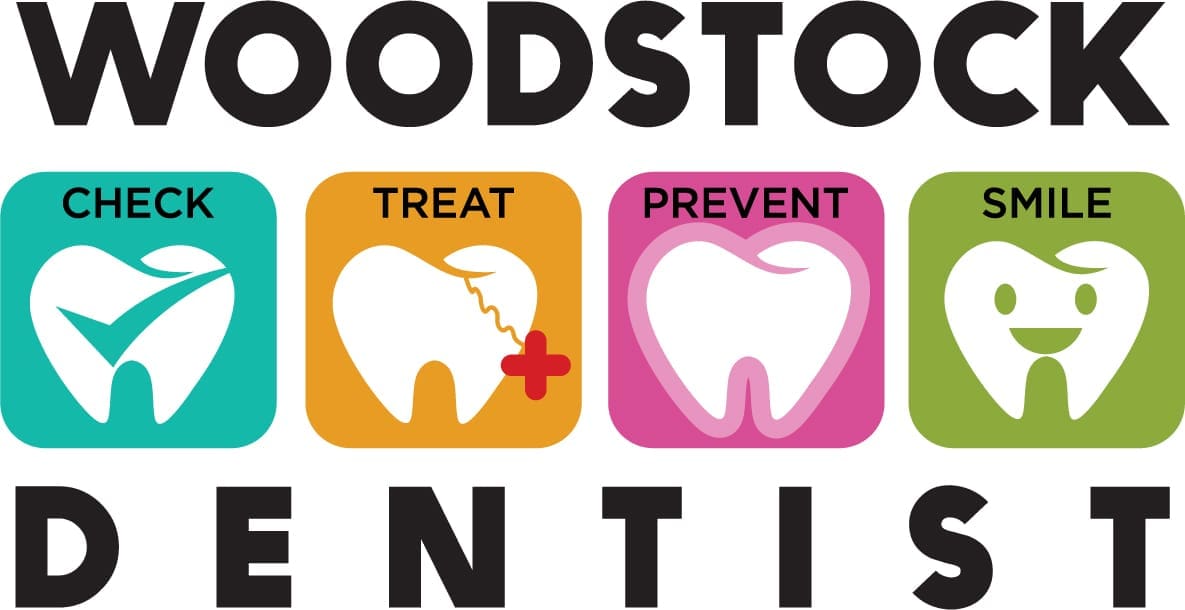Why does breath stink after tooth extraction, and what can be done about it? After a tooth extraction, bad breath can occur due to factors like blood clot formation and bacteria in the mouth. Understanding these causes can help in addressing the issue effectively.
Breath Stinks After Tooth Extraction? Causes and Solutions
To understand why breath stinks after tooth extraction, it’s essential to consider the types of extraction tools used during the procedure. Dental professionals employ various instruments to ensure a smooth and efficient extraction process. Common tools include forceps, elevators, and surgical burs. Each tool serves a specific purpose, such as loosening the tooth or cutting through bone tissue. The use of these tools can sometimes lead to minor trauma in the mouth, which may contribute to temporary bad breath as the area heals.
The choice of extraction tools can also influence the healing process, potentially affecting why breath stinks after tooth extraction. For instance, surgical extractions that require more invasive tools might result in a longer recovery period, during which bacteria can accumulate in the mouth. This bacterial presence is a common cause of unpleasant odors post-extraction. If you’re experiencing persistent issues, seeking professional advice is crucial. For those in need of immediate assistance, consider exploring options like Emergency Tooth Extraction Near Me: Fast and Reliable Care to address any complications promptly.
Forceps: Essential Extraction Instrument
Tooth extractions are common dental procedures, and forceps play a crucial role in ensuring their success. These specialized instruments are designed to grip the tooth firmly, allowing the dentist to remove it with precision and care. The use of forceps is essential in minimizing trauma to the surrounding gum and bone tissue, which can be a contributing factor if your breath stinks after tooth extraction. Proper handling of forceps by a skilled professional helps reduce complications and promotes a smoother recovery process.
While the procedure itself is straightforward, the aftermath can sometimes lead to concerns such as bad breath. This is often due to the healing process and the presence of blood clots or food particles in the extraction site. Understanding the role of forceps in tooth extraction can provide insight into why maintaining oral hygiene is vital during recovery. For those seeking more information on this topic, you can explore Affordable Tooth Extractions Woodstock for further details.
Elevators: Loosening the Tooth
During a tooth extraction, dental professionals often use elevators, which are specialized tools designed to loosen the tooth from its socket. This process is crucial for ensuring a smooth extraction, but it can sometimes lead to temporary side effects, such as an unpleasant odor. If your breath stinks after tooth extraction, it might be due to the natural healing process and the presence of blood or tissue debris in the extraction site. Understanding the role of elevators in this procedure can help demystify why certain post-extraction symptoms, like bad breath, occur as your mouth begins to heal.
“`
Dental Luxators: Precision in Extraction
Dental luxators play a crucial role in the precision of tooth extraction procedures, which can indirectly impact post-operative conditions such as when breath stinks after tooth extraction. These specialized dental instruments are designed to facilitate the gentle loosening of teeth, minimizing trauma to the surrounding tissues and promoting a smoother healing process. By ensuring a more precise extraction, dental luxators help reduce the risk of complications that might contribute to unpleasant breath following the procedure. For those experiencing concerns about their oral health after an extraction, consulting with a professional like a Woodstock Dentist can provide valuable insights and peace of mind.
Periotomes: Minimally Invasive Tools
When dealing with dental procedures, particularly tooth extractions, the use of periotomes can play a significant role in minimizing trauma to the surrounding tissues. These specialized tools are designed to facilitate a more precise and less invasive extraction process, which can be beneficial in reducing complications that might contribute to post-operative issues such as when breath stinks after tooth extraction. By preserving the integrity of the surrounding bone and soft tissue, peristomes help in promoting a smoother healing process, potentially mitigating factors that could lead to unpleasant oral odors following the procedure.
Surgical Burs: Cutting Through Bone
When it comes to oral surgery, particularly tooth extractions, surgical burs play a crucial role in the procedure. These specialized tools are designed to cut through bone with precision, allowing dental professionals to remove teeth efficiently and effectively. However, the use of surgical burs can sometimes lead to complications that may contribute to why your breath stinks after tooth extraction.
The process of cutting through bone can create small fragments and debris, which, if not thoroughly cleaned, may become trapped in the extraction site. This can lead to bacterial growth and an unpleasant odor as the area heals. Understanding the role of surgical burs in tooth extraction can help explain some of the reasons behind post-surgical bad breath.
Hemostats: Controlling Bleeding
After a tooth extraction, it’s not uncommon for patients to notice that their breath stinks. This can be attributed to several factors, one of which is the use of hemostats during the procedure. Hemostats are essential tools used by dental professionals to control bleeding by clamping blood vessels, ensuring a clear surgical field.
While they play a crucial role in managing post-extraction bleeding, the presence of blood and clotting in the mouth can contribute to an unpleasant odor. This temporary condition is a natural part of the healing process, as the body works to repair the extraction site. Understanding the role of hemostats in controlling bleeding can help patients recognize why their breath might have an unusual smell following a tooth extraction.
Sutures: Closing the Extraction Site
After tooth extraction, sutures are often used to close the extraction site, which can play a role in why your breath stinks after tooth extraction. These stitches help promote healing by keeping the wound closed and protecting it from food particles and bacteria. However, as the area heals, it can sometimes trap debris and bacteria, leading to an unpleasant odor. This is a common occurrence and part of the natural healing process. Understanding the role of sutures in post-extraction care can help you be more aware of why your breath might have an unusual smell during recovery.
Sterilization of Dental Instruments
When dealing with dental procedures, such as tooth extractions, the sterilization of dental instruments is a critical factor in preventing infections that could lead to complications, including bad breath. If you’ve noticed that your breath stinks after tooth extraction, it might be due to bacteria introduced during the procedure. Proper sterilization ensures that all dental tools are free from harmful microorganisms, reducing the risk of infection and promoting a healthier healing process. This step is essential in maintaining oral hygiene and ensuring that post-extraction recovery is as smooth and complication-free as possible.
Conclusion
If you’re concerned about why your breath stinks after tooth extraction, don’t hesitate to reach out for professional advice by calling 678-483-5999 or check out our Google Maps reviews.






